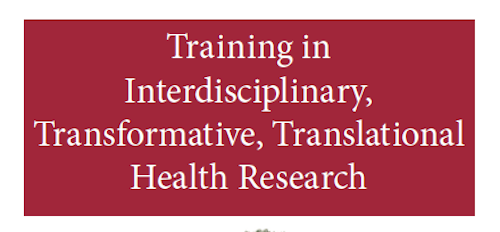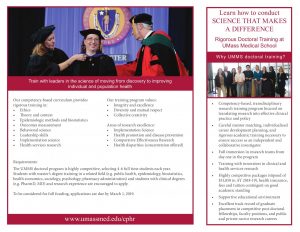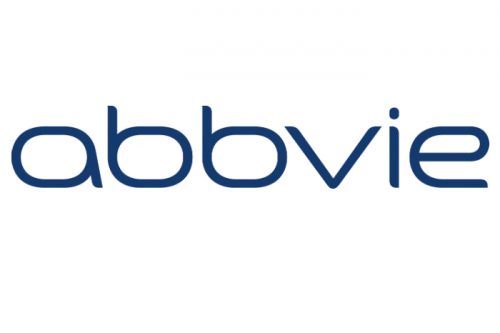Research Data Analyst, UCSF
Category : Alumni
JOB OVERVIEW
The Research Data Analyst will join a collaborative and exciting team of researchers at the F.I. Proctor Foundation studying eye diseases in the U.S. and internationally. Researchers at the F.I. Proctor Foundation conduct randomized controlled trials and large epidemiological studies on ocular diseases that can cause blindness. The epidemiological studies involve large administrative databases and the trials involve domestic and international collaboration. This position requires an employee with excellent communication and organizational skills who can be relied upon to play an integral role in implementing and disseminating the results of research studies conducted at the F.I. Proctor Foundation.
The Research Data Analyst will provide research support through conducting literature reviews, assisting in data analysis and interpretation, writing, editing, and formatting manuscripts, and managing and tracking the progress of manuscripts for publications.
The Research Data Analyst must be comfortable working in a diverse team environment with little supervision to analyze, interpret, write, edit, review, and format manuscripts for high impact medical journals. Additionally, this position requires strong multitasking skills as the Research Data Analyst will also support the start-up of a National Institutes of Health (NIH)-funded multicenter, international clinical trial.
Responsibilities will include, but will not be limited to contributing to study design from a methodological standpoint, participating in the review and writing of protocols and study documents, assisting with database creation, helping to assure compliance with all relevant regulatory agencies, coordinating meetings with the study team, reporting study progress to investigators and other stakeholders, and generating subcontracts. This position will also involve travel to study sites for implementation and monitoring visits.
PROCTOR FOUNDATION FOR RESEARCH IN OPHTHALMOLOGY
The F.I. Proctor Foundation for Research in Ophthalmology at UCSF is committed to engaging in research activities and providing state-of-art patient care that address infectious and inflammatory disease that cause blindness. The mission is the prevention of blindness worldwide through research and teaching focused on infectious and inflammatory eye disease.
ABOUT UCSF
The University of California, San Francisco (UCSF) is a leading university dedicated to promoting health worldwide through advanced biomedical research, graduate-level education in the life sciences, health professions and excellence in patient care. It is the only campus in the 10-campus UC system dedicated exclusively to the health sciences.
Required Qualifications
• BA/BS degree with a major in related field (e.g. biostatistics, public health, epidemiology) and two years of experience in project management or clinical research, or an equivalent combination of education and experience
• Knowledge of various study designs and implementation strategies
• Strong verbal and written communication skills
• Experience and ability to work and interact positively with people from diverse backgrounds
• Highly organized and able to multitask in a fast-paced environment
• Independence, planning, and decision making abilities to complete assigned duties
Preferred Qualifications
• Graduate degree in epidemiology, biostatistics, statistics, public health or related field and two to three years of relevant experience, or an equivalent combination of education and experience
• Demonstrated proficiency with statistical software packages (R, STATA or equivalent)
• Knowledge of database creation and management
• Understanding of HIPAA and Institutional Review Board (IRB) approval process
• Ability to develop budgets and track finances
• Experience in writing, editing, and reviewing scientific manuscripts
• Experience conducting literature reviews and writing scientific papers
• Experience in clinical research or demonstrated research or training experience that translates into a clinical research setting
• Knowledge of medical and scientific terminology
• Detail oriented; works with a high level of accuracy












Recent Comments